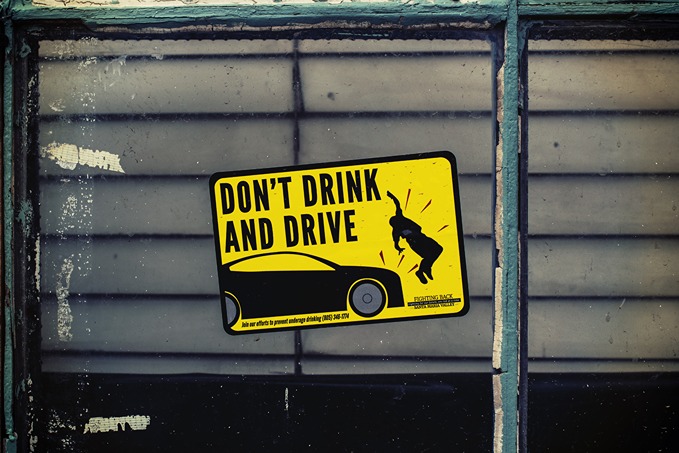
If you were injured as a victim of drunk driving accident, it is important to know how drunk driving accidents are different from other types of crashes.
Although the number of fatalities from Virginia drunk driving accidents has decreased over the last three decades, drunk driving remains extremely dangerous.
Below, the drunk driving accident attorneys at River Run Law describe three ways Virginia drunk driving accidents differ from other car accidents. If you have questions, contact us today.
1. Proving Liability May Be Easier
A drunk driving accident may result in criminal prosecution and a civil lawsuit. Although criminal charges do not compensate victims, the charges could make proving liability easier.
Succeeding in a civil claim for drunk driving requires establishing that the other driver was under the influence at the time of the accident. The following evidence may help in proving the driver’s liability:
- Police reports,
- Breathalyzer or blood test results,
- Records of the driver’s DUI arrest or conviction,
- Witness statements,
- Photographs, and
- Accident reconstructions.
In a personal injury claim, you don’t need to meet the high burden in a criminal case of proving the driver’s responsibility beyond a reasonable doubt.
Instead, you need to prove that it was more likely than not that the other driver was drunk and that their intoxication caused the accident.
2. The Insurance Company May Fight Your Claim More Aggressively
An insurance company may face a large payout in a drunk driving accident case if you can establish the intoxicated driver’s fault.
Knowing what’s at stake, an insurance company may vigorously contest the claim instead of presenting a fair settlement offer.
If you are represented by experienced counsel, they can push back against the insurance company and take the case to court if necessary.
3. You’re More Likely to be Eligible for Punitive Damages
Punitive damages are typically difficult to prove in car accident cases, but they’re easier to recover in drunk driving accident claims.
Punitive damages, which are capped by law, are meant to punish the responsible party rather than to compensate the victim. Thus, they are over and above typical compensatory damages.
The Virginia legislature enacted special provisions for punitive damages against drivers who willfully disregard the safety of others and drive drunk.
Punitive damages may be available if you can prove all of the following regarding the drunk driver who caused your accident:
- They had a blood alcohol content level (BAC) of at least 0.15% at the time of the accident;
- They were aware or should have been aware that they were too impaired to drive; and
- They were the proximate cause of your injury.
The law presumes the driver is intoxicated if they refuse to submit to a field sobriety test.
You could pursue punitive damages even if the driver’s BAC was less than 0.15%. You must, however, prove that the driver’s actions were sufficiently willful or wanton to show a conscious disregard for the rights and safety of others.These are complex issues that require speaking with an attorney to properly evaluate.
Let Our Richmond Car Accident Attorneys Help
An experienced Virginia car accident attorney at River Run Law can help if a drunk driver’s actions have impacted you. We understand the complexities of Virginia drunk driving accidents.
The River Run legal team has the tools and resources to fight for maximum compensation for the trauma you experienced from being hit by a drunk driver. For a free, no-obligation consultation, contact us today.

